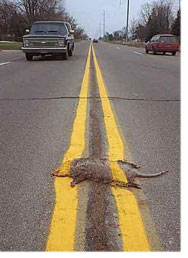Nicholas G. Carr continues his analysis of failed software projects. Carr wonders if we should scale back our technology expectations:
Equally important, they stopped trying to be creative. Rather than try to customize their software, they began looking for cheaper, off-the-shelf programs that would get the job done with a minimum of fuss. When necessary, they changed their own procedures to fit the available software. Old, generic technology may not be glamorous, but it has an important advantage: it works.
It may well turn out that the F.B.I.’s biggest problem was its desire to be innovative – to build a new wheel rather than use an old one within easy reach. When it comes to developing software today, innovation should be a last resort, not a first instinct.
Carr is mistaken in telling technology drivers to slow down with respect to innovation. The real question is whether or not top management has made the commitment to align their business processes with the technology (and provide leadership when tough decisions must be made). Carr, of course does not mention the many successful technology innovations we take for granted today, such as
- Cell Phones
- The Internet
- Fast payment processing (credit cards)
- Travel reservation systems
We take these innovations for granted, but each one required risk, leadership, mistakes and a willingness to make it work. There are no shortcuts. More on Nicholas G. Carr.
AT&T’s CTO recognizes what is required to succeed:
“The biggest challenge is not the technology,” he said, “but being able to change the culture.”



